-
-
- Financial Aid
- Financial Aid
- Scholarships
- Loans
- Grants
- Federal Work Study
- Additional Resources
-
License-Track Degrees from an Accredited Education Program
Taylor University’s national- and state-accredited Education programs seek to develop competent, caring, and reflective teachers who are prepared for both local and global service.
We offer license-track degrees in Elementary Education and Secondary Education, and a degree in Educational Studies for those who love education but don’t want to be a licensed classroom teacher. You’ll learn to make professional decisions, plan engaging instruction, interact with learners, and create stimulating learning environments.
Our freshman Education majors are placed in local schools right away, giving our students 500+ hours before student teaching even begins. That’s more hours in the Indiana classrooms than many other university education programs. Local and international practicums allow students to observe classroom behaviors, assist teachers, and begin putting education theories into practice. You’ll build upon these short-term practicums with student teaching opportunities during your senior year.
The Taylor University Education program has been accredited by the Council for the Accreditation of Educator Preparation (CAEP) since 1962. This means you have an opportunity to find work almost anywhere after graduation, from Indiana to India.

If you have a heart for teaching, a passion for service, and desire to grow personally, the Taylor University Education Department has your back every step of the way.
Evidence-based reading instruction is an integral component of the Educator Preparation Program at Taylor University. The National Reading Panel Report (2000) concluded that the five essential components of literacy instruction are foundational to student outcomes and that inadequate instruction in the Five Pillars of Literacy caused many students to struggle in reading. Current literacy research supports the implementation of a structured literacy framework, one that is designed to be sequential, cumulative, and in which students have increased opportunities to respond.
For elementary education majors, the current course of study sequence is extensive, with 12 credit hours across three separate courses required for the program and an additional three credits for candidates adding a special education concentration. Additionally, most of the courses include a clinical classroom field placement that provides the candidates with applicable, real-world experiences to practice the teaching of reading.
Our approach to training high-quality reading instructors includes:
Alspaugh-Hodson Family Scholarship: must be an Indiana resident and full-time student majoring in Education, eligible for need-based aid, and have a personal relationship with Christ
Halbrook Freedom Scholarship: for students interested in entrepreneurship, education, media, and government, who grasp the essentiality of, and strive to uphold, the enduring principles of the United States of America
Art Scholarship: for declared Art or Art Education majors
Walk into My Future: Help the Education department plan and execute an educational event for local elementary students. Blackford and Jay County elementary schools bring nearly 700 students to campus, and you get help teach young kids about how to prepare for college.
Local Ministries & Education Programs: Partner with local schools and churches to bring educational programs to elementary, middle, and high school students. Tutor kids in their literacy skills during LIFT or just have fun with students at the Red Barn’s after-school program.
Unified Robotics: For students majoring in Elementary Education, especially for children with special needs, assisting with the Unified Robotics State Competition provides the unique opportunity to serve the community as well as gain more hands-on experience in an education career field.
Science Fair Judging: Serve as a judge for science fair projects created by students at Eastern Elementary School in Greentown, Indiana. Taylor students have volunteered there for over a decade listening to children describe their science projects, watching demonstrations, and asking questions. These events provide a window into a hands-on way to engage children in science content through active curiosity.
Kappa Delta Pi
Join 1.2 million education students from across the globe in this exclusive, international honor society. Students network, attend seminars, initiate service projects, gain access to scholarships and grants, mentor others, and much more.
Conferences
Opportunities to do research and give public presentations to build your educational resume include an early childhood education conference and Network of International Christian Schools jobs fair. Attend teaching conferences in and out of state for the chance to listen to and network with teaching professionals.
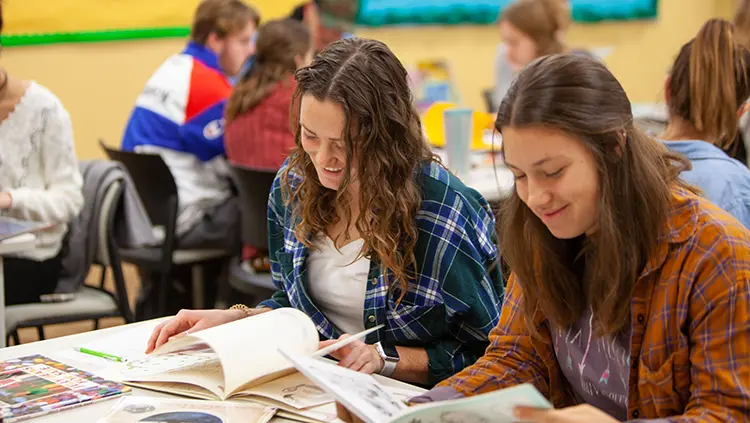
The Taylor University Teacher Education Program is accredited by:
The Taylor University Teacher Education Program is accredited by the Council for Accreditation of Educator Preparation (CAEP), and by the Indiana Department of Education. Taylor University is also a 2022 recipient of the Frank Murray Leadership Recognition for Continuous Improvement.
The Teacher Education Program offers accredited programs for Initial Licensure affiliated with Specialized Professional Associations in the following areas:
The following are teacher education programs for Initial Licensure as accredited by the Indiana Department of Education:
The Teacher Education Program offers accredited programs for additional “add-on” licensures in the following areas:
All degree programs and “add-on” licensures satisfy the appropriate requirements for teacher licensure as established by the Indiana Department of Education. Additional requirements include passing Indiana licensure tests, CPR certification, and suicide prevention training.
CAEP Accountability Measures
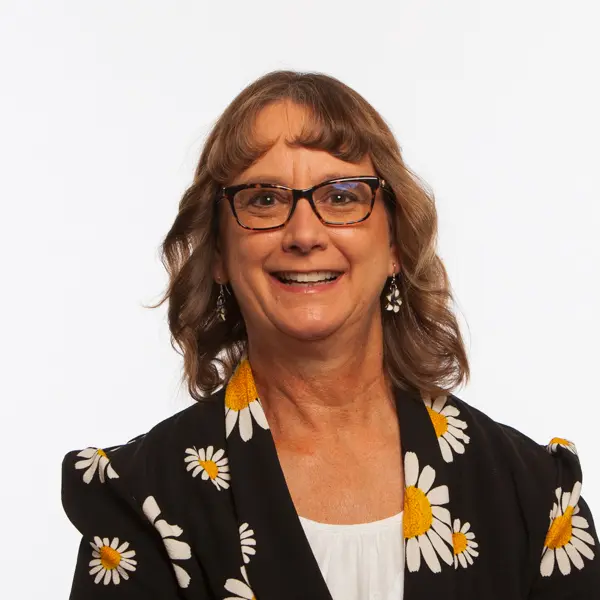
Department Chair and Associate Professor of Education

Assistant Professor of Education

Director of Teacher Licensure & Coordinator of Early Field Placements

Director of Transition to Teaching & Online Licensure Programs
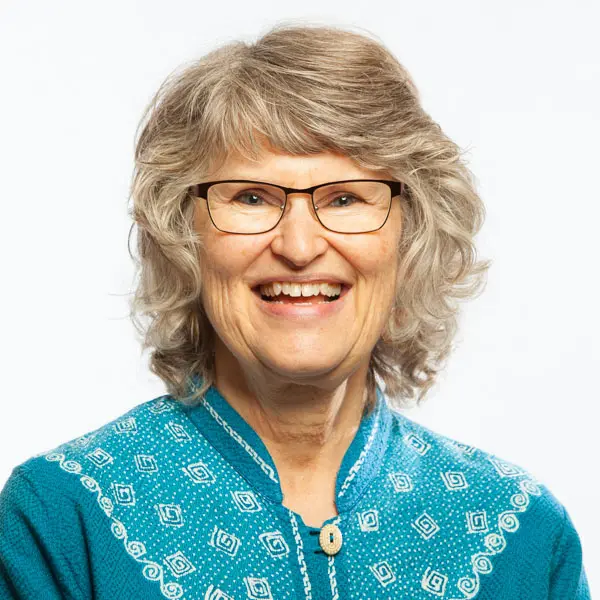
Director of TESOL and ESL & Professor of TESOL

Assistant Professor of Education
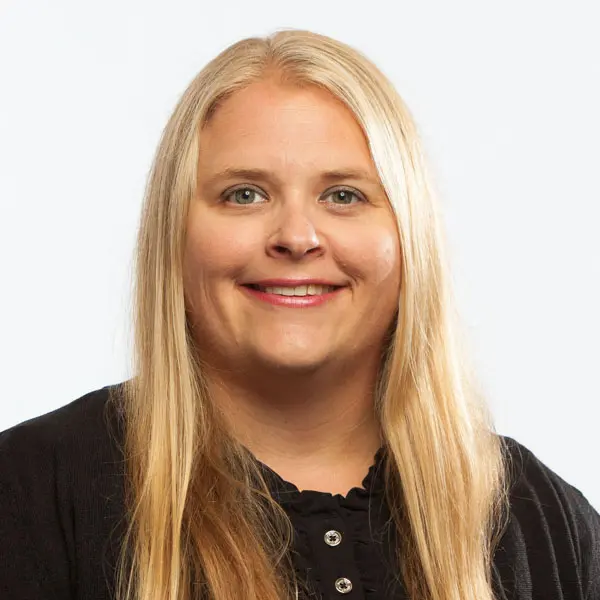
Director of Teacher Education & Assistant Professor of Education

Dean of Faculty Development, Education, and Social & Behavioral Sciences
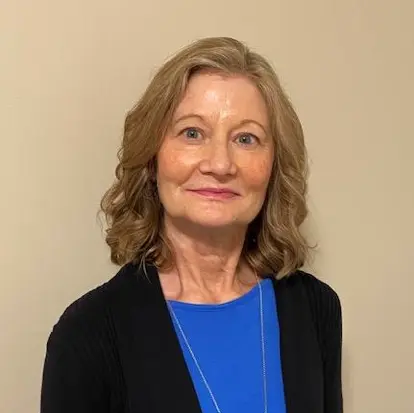
Director of Master's Degree in Special Education

Assistant Professor of Education, Director of Student Teaching
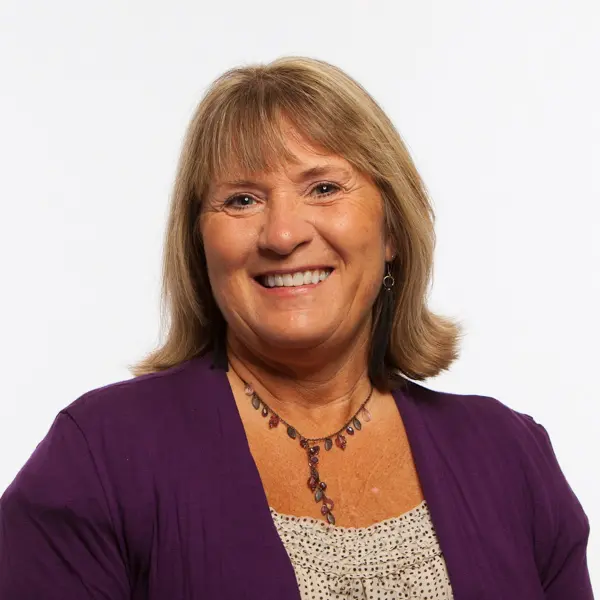
Assistant Professor of Education

Director of Science of Reading Initiative
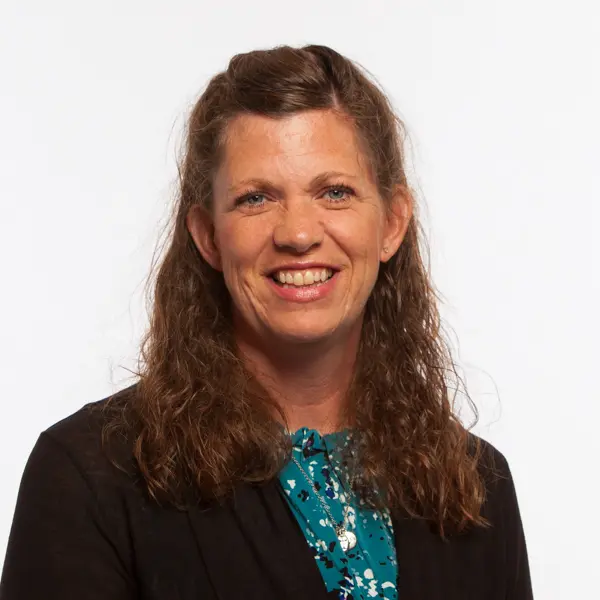
Education Program Assistant

Professor of Education
Taylor University Partners with Classical Education Leaders to Launch Graduate Program for Aspiring Classical Educators
Taylor University has joined SCL and Classical Academic Press to launch a graduate program designed to equip teachers for excellence in classical education.
Elementary Education Juniors Provide a Day of Outdoor Learning for Local Schools
Taylor's Education Department hosted over 150 local Eastbrook South fourth and fifth graders on Taylor’s campus for the annual Outdoor Education Experience.
Math, Science, and Play-Doh
On Grandparents Day at Taylor University, a group of junior Education students used Play-Doh to solve math problems.
Hope, Resilience, and the Gospel at Eagle Village
Taylor students have frequently worked as summer camp staff at Eagle Village, sharing the gospel and making camp a memorable, safe, and growing experience.
Taylor to Welcome 250 Jay County Students for Walk Into My Future
On April 8th, around 250 Jay County 7th graders will visit campus to learn about what going to college is like.
265 Jay County 7th Graders Attend Walk Into My Future Event
On Thursday, April 4, 265 middle school students from neighboring Jay County toured the Taylor University campus and took part in programming designed to introduce them to life after high school.
Education Department Hosts Indiana Teacher of the Year
Tara Cocanower, the 2023 Indiana Teacher of the Year from Bluffton, Indiana, visited Taylor University on February 6. She spoke about impactful teaching, sharing the gospel, and teacher resiliency in two sessions as well as a meet-and-greet lunch hosted by the Education Department.
Art Education Majors Feature Their Students’ Work in Art Show
On December 6, the first floor of Modelle Metcalf Visual Arts Center became an art display as Art Education majors from ART 310 Elementary Methods in Art Education hosted an art show for their young students.
Taylor University Partners with Classical Education Leaders to Launch Graduate Program for Aspiring Classical Educators
Taylor University has joined SCL and Classical Academic Press to launch a graduate program designed to equip teachers for excellence in classical education.
Elementary Education Juniors Provide a Day of Outdoor Learning for Local Schools
Taylor's Education Department hosted over 150 local Eastbrook South fourth and fifth graders on Taylor’s campus for the annual Outdoor Education Experience.
Math, Science, and Play-Doh
On Grandparents Day at Taylor University, a group of junior Education students used Play-Doh to solve math problems.
Hope, Resilience, and the Gospel at Eagle Village
Taylor students have frequently worked as summer camp staff at Eagle Village, sharing the gospel and making camp a memorable, safe, and growing experience.
Taylor to Welcome 250 Jay County Students for Walk Into My Future
On April 8th, around 250 Jay County 7th graders will visit campus to learn about what going to college is like.
265 Jay County 7th Graders Attend Walk Into My Future Event
On Thursday, April 4, 265 middle school students from neighboring Jay County toured the Taylor University campus and took part in programming designed to introduce them to life after high school.
Education Department Hosts Indiana Teacher of the Year
Tara Cocanower, the 2023 Indiana Teacher of the Year from Bluffton, Indiana, visited Taylor University on February 6. She spoke about impactful teaching, sharing the gospel, and teacher resiliency in two sessions as well as a meet-and-greet lunch hosted by the Education Department.
Art Education Majors Feature Their Students’ Work in Art Show
On December 6, the first floor of Modelle Metcalf Visual Arts Center became an art display as Art Education majors from ART 310 Elementary Methods in Art Education hosted an art show for their young students.